Chinese health experts have urged the public to get a booster shot for COVID-19 to protect against the Omicron variant.
As of 2 p.m. Wednesday, a total of 137 people had tested positive for COVID-19 in north China's Tianjin, a municipality of 13.86 million people that neighbors Beijing, with all the cases confirmed as the Omicron variant.
Experts from the Chinese Center for Disease Control and Prevention (China CDC) told Xinhua that the Omicron variant carries many spike protein mutations, which may enhance its ability to escape vaccine immunity.
Fortunately, some studies have found that people who were vaccinated or infected within the past six months have enough T cells as a second line of defense for the immune system to protect them from developing severe symptoms.
The experts said antibodies can increase rapidly and maintain high levels after people get a booster shot for COVID-19. As the Omicron variant can make the vaccine less effective, it is particularly necessary for people to get a booster shot.
Evidence has been emerging that Omicron affects the upper respiratory tract more than the lungs, causing milder symptoms than previous variants. The World Health Organization said on Tuesday however that it should not yet be seen as a flu-like illness.
Zhang Wenhong, head of the Center for Infectious Diseases with the Shanghai-based Huashan Hospital of Fudan University, said Omicron "will bite" if one's immunity is not strong enough and there are no good medical resources available.
Zhang encouraged the public to get fully vaccinated, noting that vaccines can still protect from severe symptoms caused by the Omicron variant.
Wu Zunyou, chief epidemiologist with the China CDC, said that due to the milder symptoms it causes, it is more challenging to locate Omicron and easier for the variant to spread. It might be relatively good news for individuals, but it is a challenge for prevention and control on a wider scale.
Wu said a booster jab is highly recommended as the variant makes the vaccines less effective than against other variants.
Zhang Boli, an academician with the Chinese Academy of Engineering, said many of the initial confirmed cases in Tianjin are primary and secondary school students who are less vaccinated and become weak links in epidemic prevention and control efforts.
Zhang suggested that local students avoid public events as the winter holiday approaches.
CDC experts noted that wearing a mask is still an effective way to block the spread of the virus, including Omicron. Meanwhile, they also suggest washing hands frequently, maintaining good indoor ventilation, and keeping an eye on one's health situation.
In traditional Chinese medicine, external causes of a disease are classified as "the six pathogenic factors," namely wind, cold, summer heat, dampness, dryness and fire. For instance, the outbreak in Wuhan in central China was viewed as a cold and dampness illness as the city had been drizzling for almost 16 days running in January 2020.
Zhang, also a renowned Traditional Chinese Medicine (TCM) expert, said the outbreak in Tianjin was fueled by wind and cold. He noted they had revised the TCM treatment and rehabilitation plan, taking into account seasonal factors and young patients' physical characteristics.
Zhang said they have been trying to provide the best medical care to patients, especially children, by combining TCM and Western medicine.









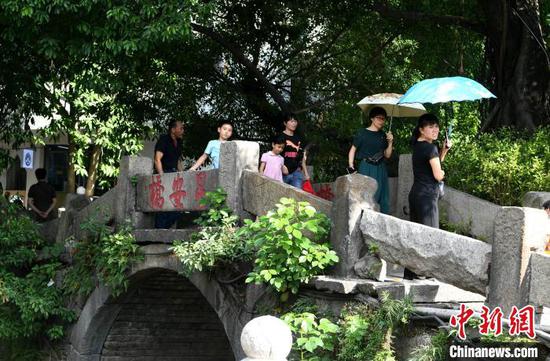




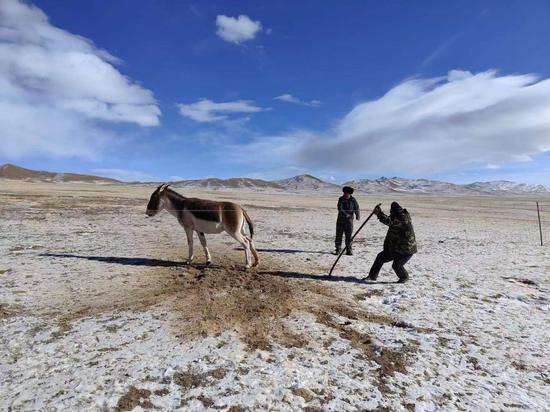




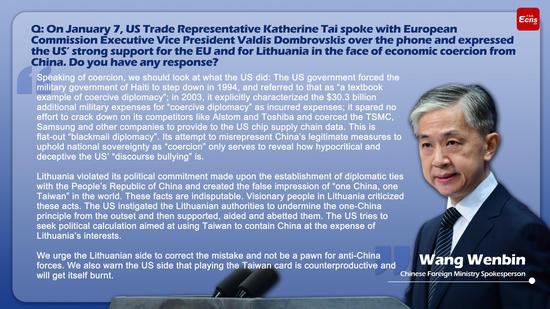


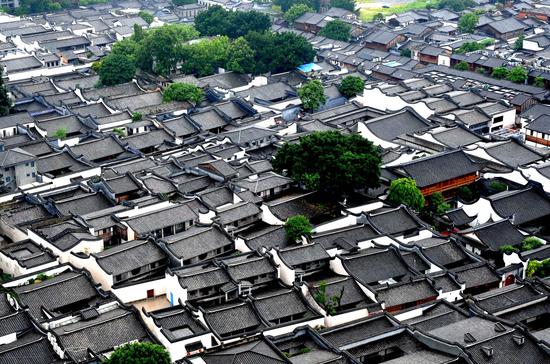


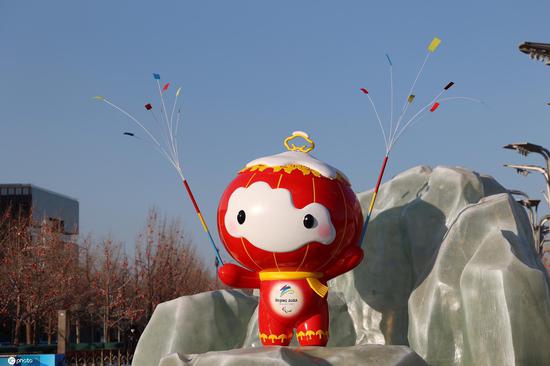







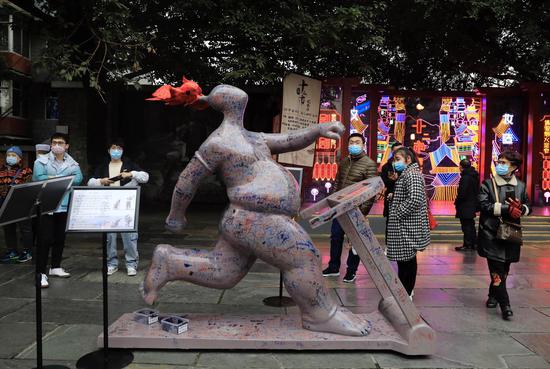

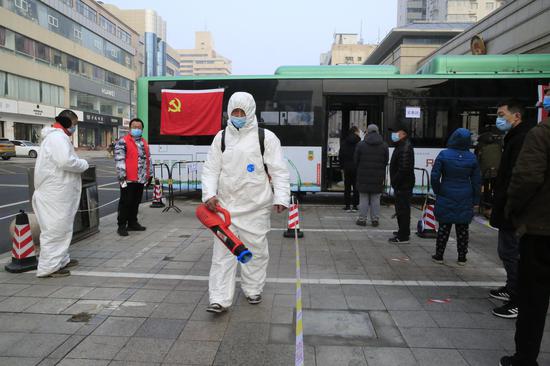














 京公网安备 11010202009201号
京公网安备 11010202009201号